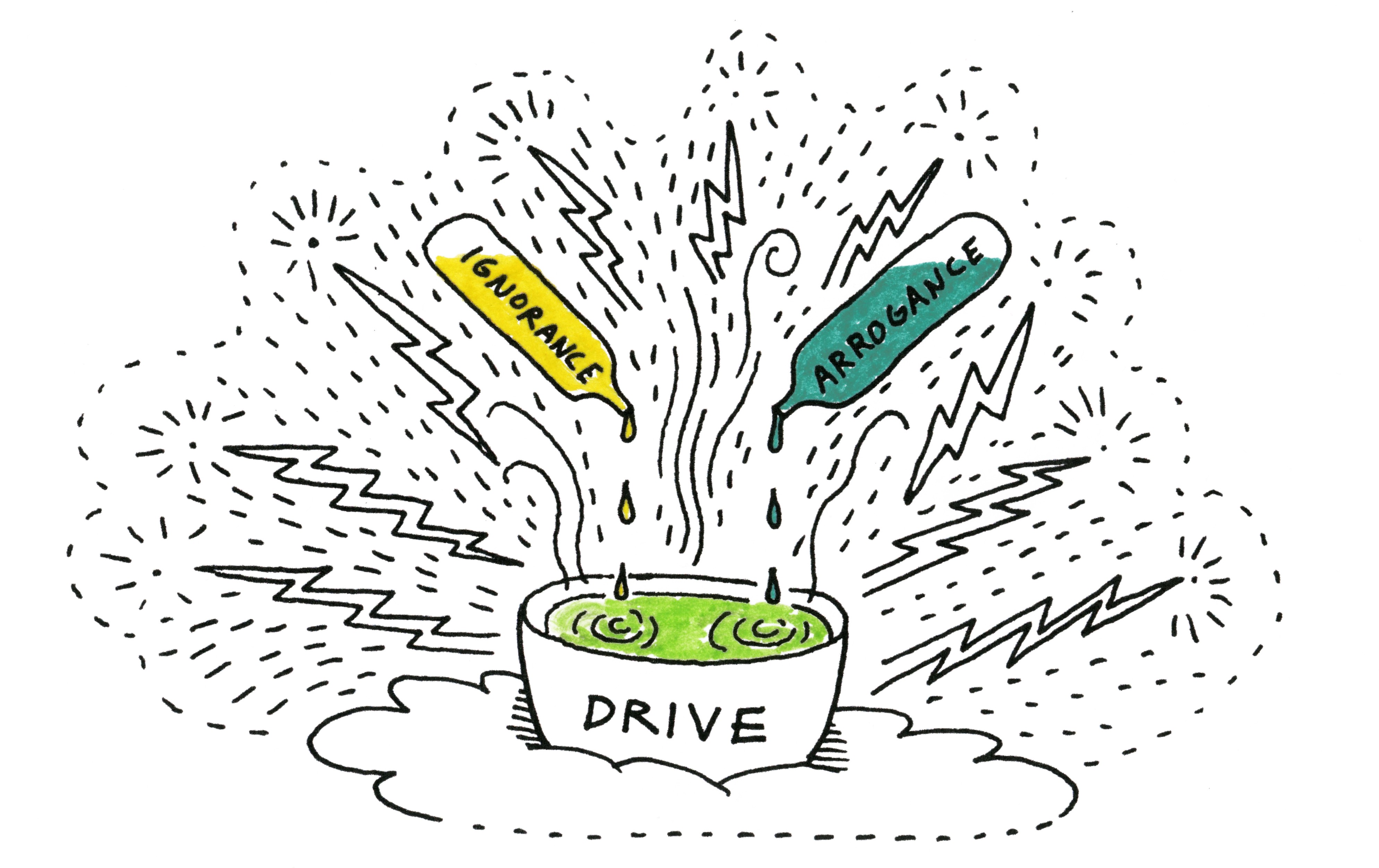
Ignorance is a powerful catalyst for “unrealistic” dreams and ambitions. If you don’t know how hard something is going to be, you’re less likely to be discouraged. If you don’t know it can’t be done, you just might do it.
That essentially describes how I got started with Ruby on Rails in 2003. Not only had I never done anything material in Ruby before embarking on creating Rails, I hadn’t even released or contributed to any open source software! I literally had no idea how much work or how hard it would be.
After release, though, I quickly had plenty of naysayers chiding my ignorance, shouting “you don’t know what you’re talking about!” This was particularly true when it came to the wide array of charges I levied against the dominant ecosystems of Java and PHP at the time.
To some extents it was true, but it was also largely irrelevant. You don’t have to be a scholar in The Way Things Are Done Right Now to critique its methods or values. In fact, you’re probably far less likely to mount any consequential root examination of the ills of the present if you’re steeped in its ways.
There are always a million reasons for why things are the way they are. Reasons that made perfect sense at the time and may continue to in isolation. Stripped of a legacy context that’s perhaps no longer, or far less, relevant, they may also compile to a ludicrous mess.
To survive the horde of entrenched interests pushing these reasons, you’ll need strong defensive walls. Allow me to suggest that arrogance is one such wall, and a very effective one too. It’s rarely used, because most people are afraid to cop to believing they “know better”.
But let me pose this: Why on earth are you trying to change things, if you don’t believe you actually know better? If you can’t muster the conviction to believe in your own ideas, how on earth are you going to persuade others that they’re worth listening to?
To put it on a pin: Arrogance is good. Arrogance works.
It doesn’t mean you have to be arrogant about all the things all the time, but you should be arrogant about the core insight that’s driving your pursuit. Whether you then publicly admit to this arrogance is less important.
That leaves the recipe: Ignorance + arrogance = drive. Ha. That sounds pretty preposterous, doesn’t it? And it is, if you don’t heed the adage that the dose makes the poison. What you need is a dash of both. Enough to weather a storm, but not so much as to kill a nation.
Fair warning: Consuming this cocktail will almost certainly render you ineligible for universal love and admiration. There will be plenty of people who not only don’t buy your vision, but are repelled by your drive.
That’s the price for most kinds of progress. In fact, it’s even evidence of it. If nobody is riled up about what you’re doing, there’s a good chance it just isn’t interesting. Of course, it’s also no guarantee of it. Sometimes everyone hates your idea simply because it’s a bad idea! But it’s hard to know in the moment whether something is truly bad or just alien.
The best this cocktail will give you is a shot of putting a dent in the universe. No guarantees, no money back. But at least you’ll be unlikely to give up just because somebody told you to.
Like Ruby on Rails, Basecamp has often been accused of being nothing more than a todolist that could be done by anyone in a weekend, and that the lack of features were insulting to users. That thankfully didn’t deter millions of people to give it a try, see for themselves, and find a loving operating system to run their business on. ❤️

